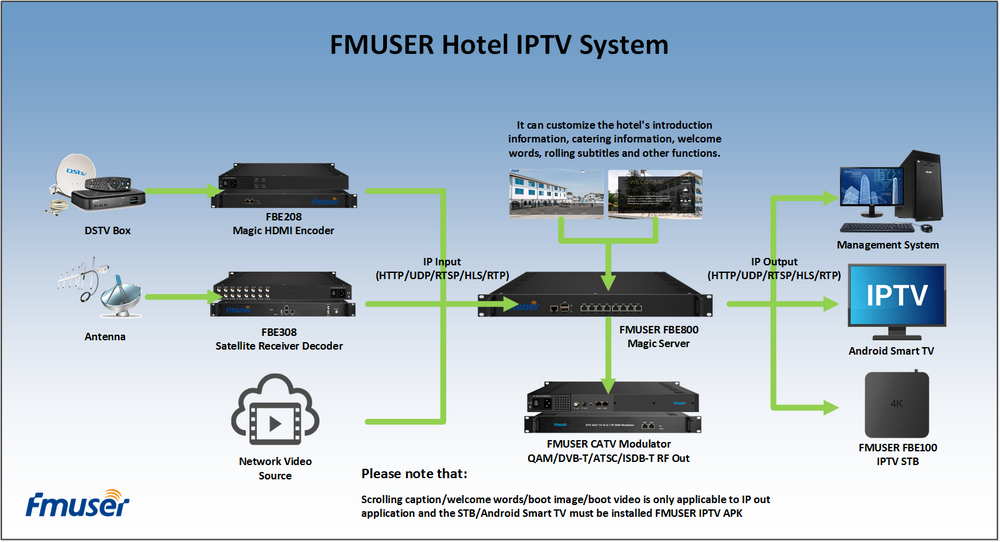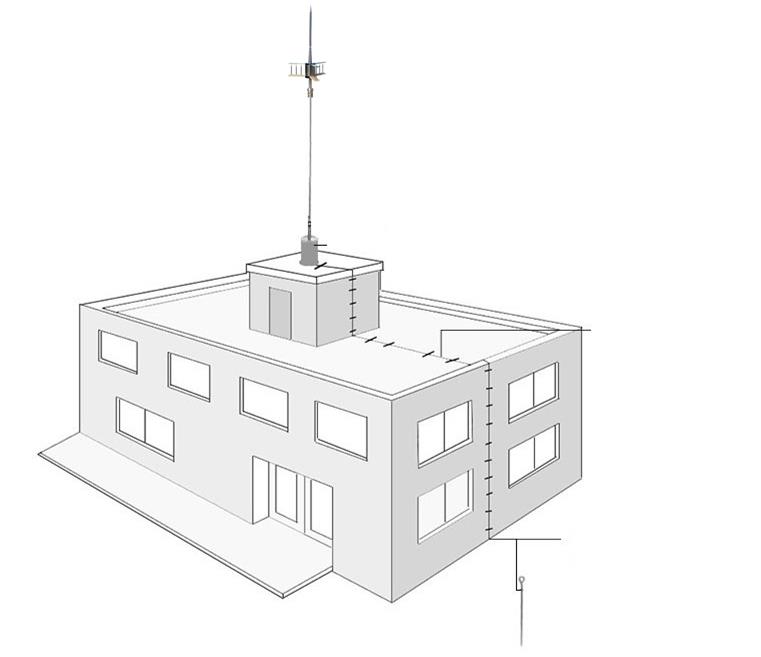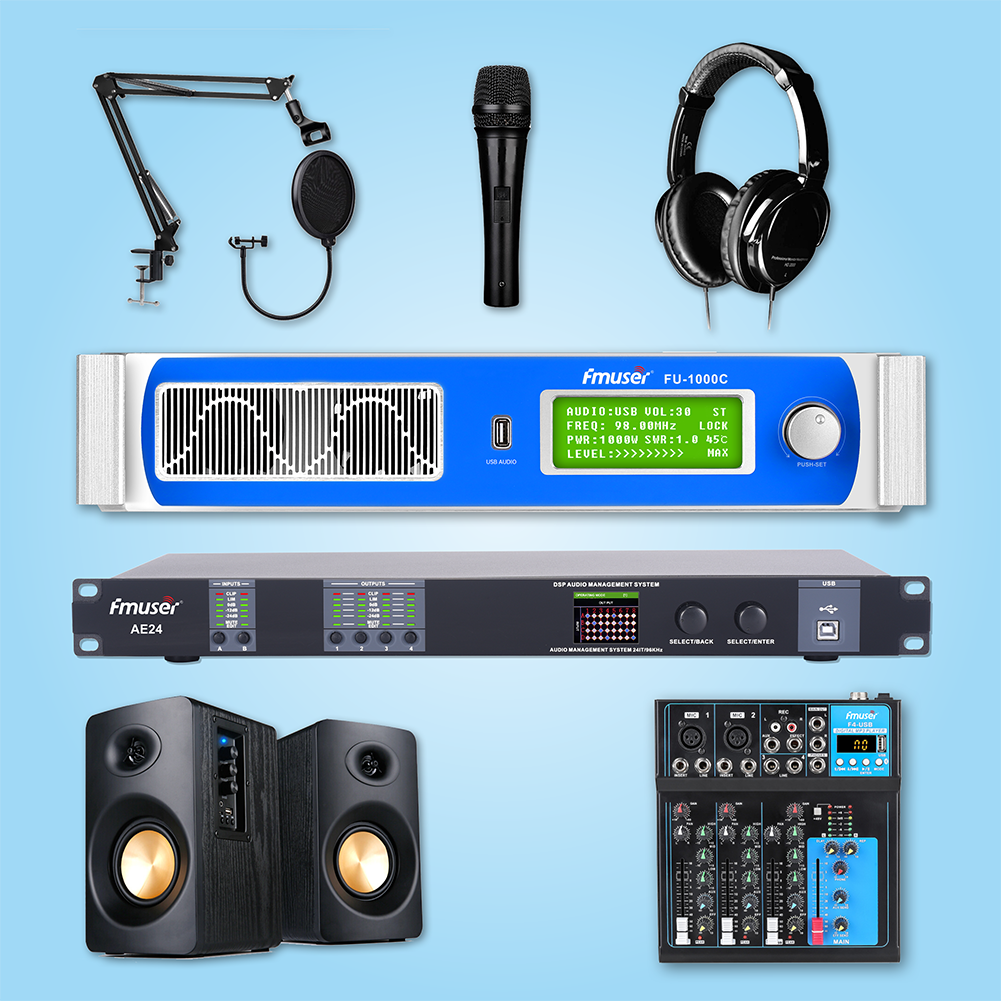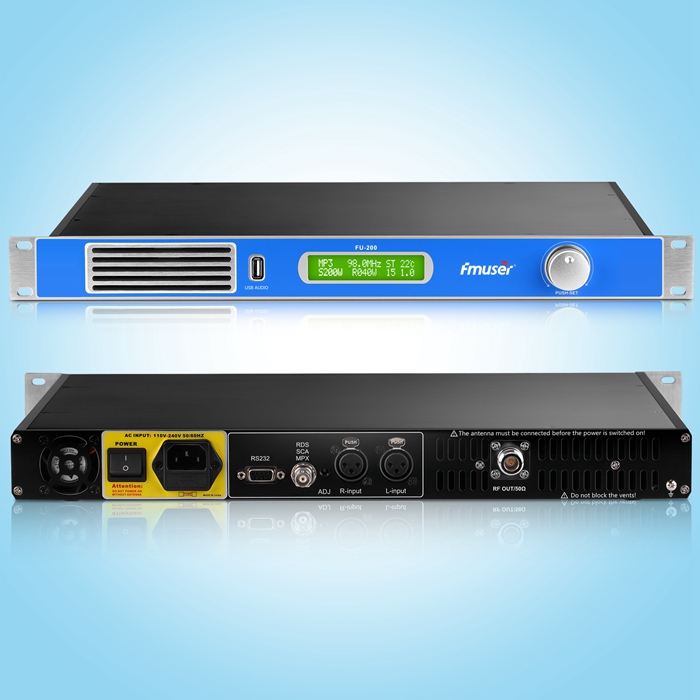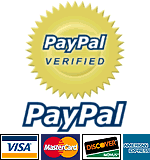"Alibaba health is Alibaba's flagship platform in the field of medical and health. It is an important landing person of Alibaba's double h strategy - happiness & health. It has attracted much attention since its establishment.
Since its establishment, Ali has enriched its business layout through group resource injection, self building, cooperation and investment, and has formed four business lines, mainly including pharmaceutical business, smart healthcare, product traceability and health management, and built the "Internet plus medical health" business closure.
Main business areas of Ali health
Since the beginning of this year, Ali's health has made continuous moves, and the news of changing the commander, acquiring tmall medical devices and other businesses, investing in Shuyu civilians and Chinese health has come one after another, which has continuously upgraded the discussion heat of Ali's health in the industry.
Where does Ali's health come from and go? Arterial network plans to comprehensively sort out Ali's past actions and restore Ali's healthy growth path; Combined with the Internet plus medical health policy environment and industrial environment, we will judge Ali's health follow-up business.
Strengthen the offline pharmaceutical retail layout and "capital + business" efficient coordination
From June 25 to 26, 2018, Ali health broke out two consecutive investments: first, it has officially signed a capital increase agreement with Shuyu civilian pharmacy, with an investment of RMB 454 million and an equity ratio of 9.34%; The second is to sign a strategic cooperation agreement with Chinese health to deeply cultivate the regional pharmaceutical retail market.
Ali health's strategic investment and cooperation of the two enterprises are regional pharmaceutical retail chain leaders. Among them, Shuyu civilian is rooted in the Shandong market, with more than 1000 stores, with sales of 2.86 billion yuan in 2017, ranking 11th in the list of top 100 pharmaceutical retail; Chinese health is rooted in Anhui market. Guosheng pharmacy has more than 500 stores and is one of the largest pharmaceutical retail enterprises in Anhui.
Ali health's investment in Shuyu civilian and Chinese health is its first time to enter the regional pharmaceutical retail market in the form of capital. Earlier, Alibaba health had launched the "pharmaceutical o2o pioneer alliance". Alibaba's ant financial service cooperated with Zhang Zhongjing pharmacy to layout the "future pharmacy", and opened ant financial service's marketing, payment, credit and other capabilities to pharmacies. This round of investment indicates that Ali and Ali health have deeper penetration into pharmaceutical retail, and there will be more cooperation opportunities at the capital and business levels.
According to the observation of arterial network, some market factors also play a role in Ali health's round of investment in regional chain pharmacies. In addition to Ali health investment, listed pharmaceutical chain leaders, industrial enterprises, industrial capital and cross-border capital have "harvested" chain pharmacies, especially regional chain leaders, which are the meat and potatoes in the eyes of capital.
Shuyu civilian reached strategic cooperation with Huatai health fund on the eve of new year's day this year, and submitted a new IPO application; Chinese Health received a round of financing led by Huatai Securities big health fund on August 28 last year. Behind the two are the same capital side, which also represents the popularity of capital for chain pharmacies.
Ali health's investment in regional retail pharmacies is more like obtaining a "boat ticket" in the capitalization process of chain pharmacies. What is more attractive than simple capital injection is that Ali health itself is deeply rooted in the pharmaceutical retail market, which can be more effectively linked with the investment target. In the future, there are many possibilities for development in new pharmaceutical retail, pharmaceutical o2o, prescription outflow and other businesses, so as to achieve bigger and bigger. From this perspective, Ali health may invest in more regional pharmaceutical retail leaders in the future to form a "capital + business" collaborative model.
Ali's health starts from a very high point
Strictly speaking, Ali health is the first Internet plus medical health in China. In January 2014, Alibaba joined hands with Yunfeng fund to make a strategic investment of US $170 million (about RMB 1037 million) in Hong Kong stock CITIC 21st century, and obtained 54.3% of the shares of the latter. In October 2014, CITIC changed its name to "Ali health" in the 21st century, and its stock code 00241 remained unchanged, marking the formal establishment of Ali health.
It's good to enjoy the cool under the big tree. Ali's healthy starting point is very high. Starting through strategic investment without any business entity not only shows Ali's "capricious money", but also shows that this is a "money for time" strategy - if you build your own business system, it's difficult to start in a period of time. Of course, the investment of more than 1 billion yuan also shows Alibaba's determination to layout its medical and health business.
Get on the horse, take a ride, and continue to inject resources into the group
In April 2015, Ali Health announced that it would acquire assets from Ali JK investment and other places for HK $19.448 billion, and Ali health would pay for the acquisition by issuing shares and convertible bonds. The announcement said that the target business injected into Alibaba involves an online trading platform for product sales of online pharmacies, and said it intends to expand the group to become the flagship platform of Alibaba Group's health care.
Meanwhile, Alibaba health and Alibaba reached an agreement. According to the agreement, Alibaba Group will transfer the operation right of tmall online pharmaceutical business to Ali health in exchange for the newly issued shares and convertible bonds of Ali health. At that time, tmall platform indirectly held the country's first pilot license for third-party Internet drug sales qualification certificate (95095 platform) through Hebei Huiyan, which can sell drugs to individual consumers through merchants settled on the platform, which is highly consistent with the positioning of Alibaba health medicine e-commerce platform.
During this period, Alibaba health's main businesses include drug electronic supervision code, pharmaceutical e-commerce platform business, Internet hospital and pharmaceutical o2o business. It is worth noting that Ali health may be one of the first companies in the industry to try the "prescription outflow" business. In February 2015, Alibaba health and Weining software reached an agreement, and the two sides will cooperate in the fields of Internet hospital construction and electronic prescription sharing.
The mode of e-prescription sharing is that Alibaba health platform obtains prescription information by connecting with the hospital's his system, and connects it to pharmacies to realize the compliant off-site purchase of prescription drugs. The model was first verified in Hebei, but it was soon shelved due to the immature policy.
We can see that at this time, Ali health wants to be a "closed loop", and open up all links of medical treatment through online hospitals, e-prescriptions and pharmaceutical e-commerce platforms to realize the integrated service of diagnosis, treatment and drug purchase. The model has been very cutting-edge.
In 2016, the interests are hard to understand and the storm continues
2016 has been a turbulent year for Ali health. At the beginning of the year, a pharmacy in Hunan sued the State Food and Drug Administration for the lack of legitimacy of the electronic supervision code entrusted by Alibaba health to operate; In February 2016, the State Food and Drug Administration officially announced that it decided to temporarily stop the drug electronic supervision code and recover the agent operation right.
After the drug supervision code incident, Ali Health decided to build an open and market-oriented third-party traceability platform, continue to use its experience and technical capacity in the field of traceability system construction, and build a traceability ecosystem for counterfeit drugs with regulatory authorities, drug enterprises, industry organizations, third-party technical service providers and the public.
The new platform will be fully compatible with the technical standard of "China drug electronic supervision code", and provide free services for medical institutions and drug enterprises on the original China drug electronic supervision network. Now, product traceability business has become an important business line of Alibaba health. In addition to the original traceability function, marketing, interaction and other functions have been added. Some health products and proprietary Chinese medicine enterprises have joined the product traceability platform.
In May 2016, the food and Drug Administration suspended the third-party Internet drug pilot platform (pilot a certificate), and stipulated that tmall medical center and other third-party platforms should not sell any OTC products for the time being. Ali health's strategy is to make the transition by means of platform + self operation. In August 2016, Ali health purchased Guangzhou five thousand year pharmaceutical chain Co., Ltd. with Class C Internet drug trading service qualification certificate for 16.8 million yuan to start B2C pharmacy business.
Before that, Ali health, together with 65 chain pharmacies such as PARKnSHOP huisuhe, deshengtang and baicaotang, jointly announced the establishment of "China Pharmaceutical o2o pioneer alliance", which enriched its pharmaceutical o2o platform business.
In September 2016, Ali health and tmall signed a service agreement, which was approved by 100% of the shareholders' meeting. Ali health won the exclusive operation right of tmall medicine. Ali health will provide a full set of outsourcing and value-added services for tmall medicine store, assist tmall in developing its medical and health care e-commerce business and charge fees.
The whole 2016 was a turbulent year for Alibaba health. Affected by policies and industries, Alibaba health adjusted its business and laid a foundation for subsequent business development.
Deep plowing "Internet plus medical", Ali health mode stereotype
2017 is a very important year for Ali health. In this year, its business model was basically finalized, and it continued to cultivate in several business lines, roughly determining the business model and revenue structure.
After obtaining the operation right of tmall Pharma, Alibaba health officially signed a share subscription agreement with Alibaba Group on May 19, 2017. Alibaba group injected the "blue hat" health food online business of tmall platform into Alibaba health, and the business territory of Alibaba health Pharma e-commerce was further expanded.
Smart medical business is the focus of Alibaba health's landing in 2017: on July 7, at the signing ceremony of the strategic cooperation framework agreement between Alibaba health and the health and Family Planning Bureau of Yuhang District, Hangzhou, Alibaba announced that it would help Yuhang District realize medical brain assistance for doctors to see a doctor. Citizens buy drugs online according to electronic prescriptions and deliver them to their homes by professional logistics.
In the same month, Ali Health launched the medical AI system "doctor you", which includes clinical medical research and diagnosis platform, medical auxiliary detection engine, physician ability training system, etc.
In October, Alibaba health disclosed the cutting-edge progress for the first time in the special session of smart medicine at Yunqi Conference - signed contracts with the First Affiliated Hospital of Zhejiang University Medical College, the Second Affiliated Hospital of Zhejiang University Medical College and Xinhua Hospital Affiliated to Shanghai Jiaotong University Medical College to accelerate the implementation of smart medicine.
In 2017, Ali health also had many layouts in the vaccine business: on August 15, Ali health and GlaxoSmithKline first launched the "online cervical cancer vaccine"; On November 6, the first tier cities of Beijing, Shanghai, Guangzhou, Shenzhen and Hangzhou opened online reservation for cervical cancer vaccination; In December, Ali health and China Biotechnology Co., Ltd., China's largest vaccine enterprise, announced the launch of strategic cooperation, and China biology officially settled in Ali health's first adult vaccine service platform.
The whole year of 2017 was a year of continuous precipitation and gradual fullness of Alibaba health business layout. Internally, the business line was further clarified; As for the external sector, cooperation has been widened, and hospitals, pharmaceutical companies and drugstores have been established to connect well, and have opened up the whole process of medical services, and built a closed loop of "Internet plus medical health" service.
Revenue has increased year by year, and self operated commodity sales are the main source
With the gradual improvement of business layout, Alibaba's healthy revenue structure is becoming healthier and healthier. It focuses on self operated commodity sales, supplemented by e-commerce platform revenue, supporting its sustainable development.
Ali health's revenue over the years
Note: the accounting period of Ali health is from April 1 of the first year to March 31 of the next year, for example, the financial report of 2018 is from April 1, 2017 to March 31, 2018; The Hong Kong dollar in the annual report has been converted into RMB and the rounding principle has been adopted.
It can be seen that Ali's health revenue grew rapidly, from 30.42 million yuan in fiscal 2015 to 2.443 billion yuan in fiscal 2018, and the loss is also narrowing.
In fiscal year 2017, Ali health's revenue soared by 739.4% to RMB 475 million, mainly from the pharmaceutical e-commerce business. The revenue of this business line was RMB 379 million, accounting for 80%. The revenue sources included self operated Ali health pharmacy, tmall pharmaceutical agent operation service and pharmaceutical o2o service.
In fiscal year 2018, Alibaba's health performance continued to maintain rapid growth, with a revenue of RMB 2.443 billion, a year-on-year increase of 414.2%. "The strong growth of revenue and gross profit is mainly due to the rapid growth of health product sales business and e-commerce platform service revenue this year." The sales revenue of health products and the service revenue of e-commerce platform reached 2.149 billion yuan and 171 million yuan respectively, accounting for about 95%.
It is worth noting that Ali health's profit after excluding equity incentive expenses in fiscal 2018 reached 8 million, turning losses into profits for the first time, which means that Ali health has come out of losses if nothing unexpected happens.
In order to further integrate the medical e-commerce business and expand the source of revenue, Ali Health announced on May 29, 2018 that it plans to acquire tmall medical devices and health products, adult products, medical and health services at the price of about 1.828 billion Ali health shares, or HK $10.6 billion. The industry believes that this will further optimize its revenue structure.
According to official data, as of March 31, 2018, the total annual commodity transactions of tmall medical devices business had reached RMB 20.561 billion, involving 85.5 million active buyers and more than 3300 settled businesses, including well-known brands such as Omron, Yuyue, Johnson & Johnson, Bausch & Lomb and Durex.
The total transaction volume of tmall pharmaceutical products operated by Alibaba health and the e-commerce platform service business of health food purchased by Alibaba health exceeded RMB 30 billion, and the service revenue of e-commerce platform reached RMB 171 million, a year-on-year increase of 324.1%.
This shows that Ali health has mastered the entrance of the e-commerce business of medical devices and health products of more than 50 billion yuan. Combined with ALI health's self operated pharmacy business, there is a huge imagination space for future revenue.
Internet plus medical health is encouraged, and Ali is growing healthily.
Starting from Ali group's strategic capital injection, Ali's healthy growth path is roughly divided into four stages:
The first stage: the start-up period of capital injection, and the business is mainly electronic supervision code and e-commerce services;
Phase II: business adjustment period, testing Internet hospital, pharmaceutical o2o, self operated e-commerce and other businesses;
The third stage: during the business finalization period, the business pattern is gradually determined, forming four business lines: pharmaceutical e-commerce, product traceability, intelligent medical treatment and health management;
Stage 4: continuous deep ploughing period. After several years of exploration, Ali health has found its position in the industry and has a stable source of income. In the future, it will continue to deep plough the industry and "patch" the existing business.
Under the framework of Ali's health business, we should also pay attention to its possible "linkage" with Ali's overall medical and health layout in the future. According to the previous combing of arterial.com, Alibaba's medical layout includes "own" business, Alibaba health, ant financial services, Alibaba cloud, Taobao, etc., involving medical payment, medical information services, health service entrance, etc., which may be well combined with Alibaba's health business.
Layout of Ali department's medical and health industry
Meanwhile, Alibaba's capital investment includes wanliyun, Jiahe Meikang, Huada gene, Sinopharm online, Yaoming biology, Medical Union, Yitu technology and other companies, which may also cooperate with Alibaba health to form a resource complementary effect. This is also good news for Ali's healthy future development.
Ali's healthy growth path is actually a microcosm of the growth of the Internet plus health care industry. In the early days, we all had the determination to cut the industry and upgrade the industry. But because of policy restrictions and barriers to interests, many projects did not exist.
Our other product:


